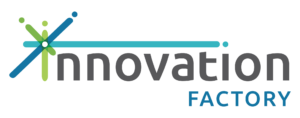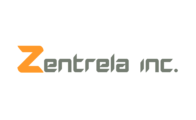This device can apparently tell if you’re stoned by reading your brainwaves
This article was originally posted on cbc.ca, written by Colin Butler. To read the original post click here.
An Ontario technology company claims it has developed the first-ever device capable of objectively and accurately measuring a person’s cannabis impairment by reading their brainwaves.
“The Cognalyzer,” is an electroencephalogram (EEG) device in the form of a headband that, when worn, collects brainwaves and analyzes them to determine the psychoactive effects of THC, the mind-altering substance in cannabis, on a person’s brain.
Zentrela, the Hamilton, Ont.-based company behind the technology, claims the Cognalyzer could be a game-changer for employers and law enforcement agencies, which have been struggling to find a practical and reliable way to screen a person’s sobriety since the federal government legalized cannabis two years ago.
The technology is currently undergoing clinical trials with London, Ont.-based KGK Science and, if the third-party scientific evaluation is successful, the trial could one day pave the way for the technology to be used by the Ontario Provincial Police and other law enforcement agencies.
Brainwave reader undergoing clinical trials
Zentrela CEO Israel Gesparin said the device uses a proprietary algorithm that can analyze a person’s brain waves in a matter of minutes.
“Within five minutes employers and law enforcement will have a result of the mental state of their subjects,” he said.
The technology holds so much promise that the Ontario government has awarded Gesparin’s company a $1-million grant to study whether the device could be a potential solution to the thorny legal issue of the reliability of roadside saliva tests.
Since the federal government legalized recreational cannabis in October of 2017, it’s the only technology available to measure whether a driver is impaired.
Cognlyzer won’t replace saliva test
Except the technology is controversial. The test was never actually intended to determine whether a driver is high, only whether the person has recently used cannabis.
Because of that several police services across Canada have opted not to use saliva testing devices over questions about the machine’s accuracy, especially in colder weather. A study has also shown the test is prone to giving false readings.
However, while Gasperin claims his technology is more accurate, it’s not meant to replace the saliva test at the roadside.
“The opportunity of commercializing our technology is not at roadsides,” he said. “We are not replacing saliva tests. We are complimenting saliva test results.”
Technology has workplace applications
Instead, Gasperin sees his device being used at a police station, where an officer trained in 12-step drug recognition procedures can use the device as a way to confirm whether the suspect whose saliva test was positive is actually high.
He believes his technology would free those officers up for other tasks.
“There are drug recognition experts who are overloaded with work because their drug evaluation takes 30 or 40 minutes to do,” he said. “There are not enough police officers trained to do 12-step drug recognition evaluation.”
Gasperin said the technology can also be used by employers who want to screen employees for potential drug use in the workplace.
“Employers are having the same issue in administering random drug tests,” he said. “It’s limited evidence and their employees know it’s limited evidence and they are legally challenging any decision taken and it’s costing thousands of dollars to employers.”
“Now they will have that confirmatory evidence to eliminate false accusations and strengthen their safety practices to mitigate the risk of impairment.”
Gasperin said because the technology is still being tested, Zentela has yet to determine what price for which the technology would one day be sold.
“We’re still figuring that out,” he said.







